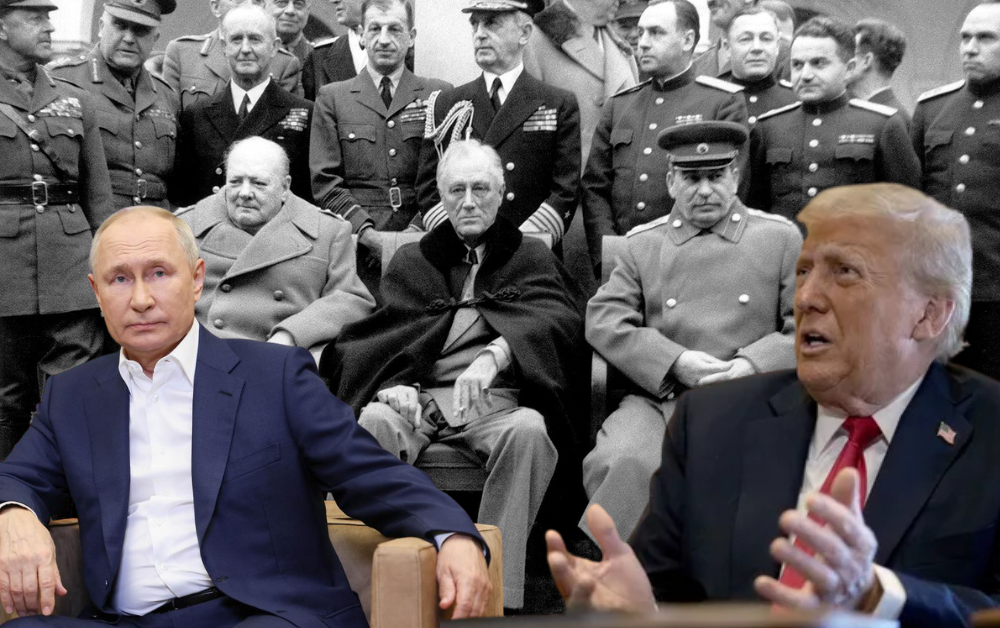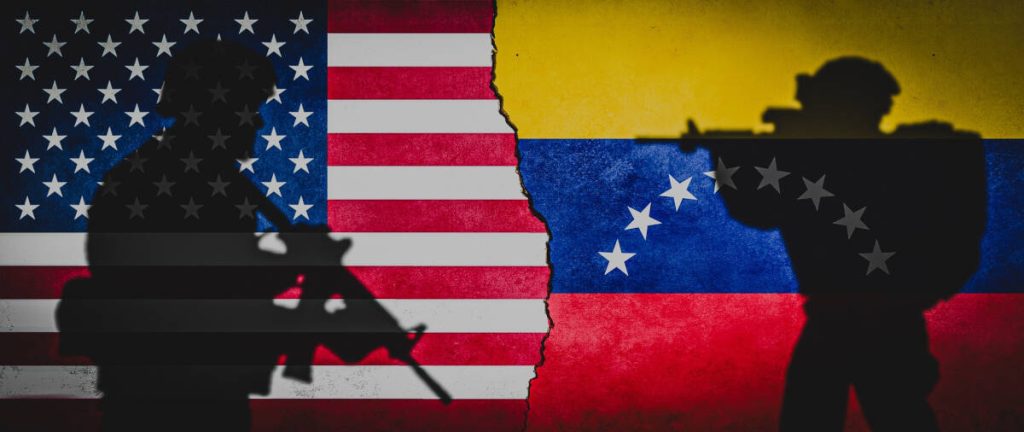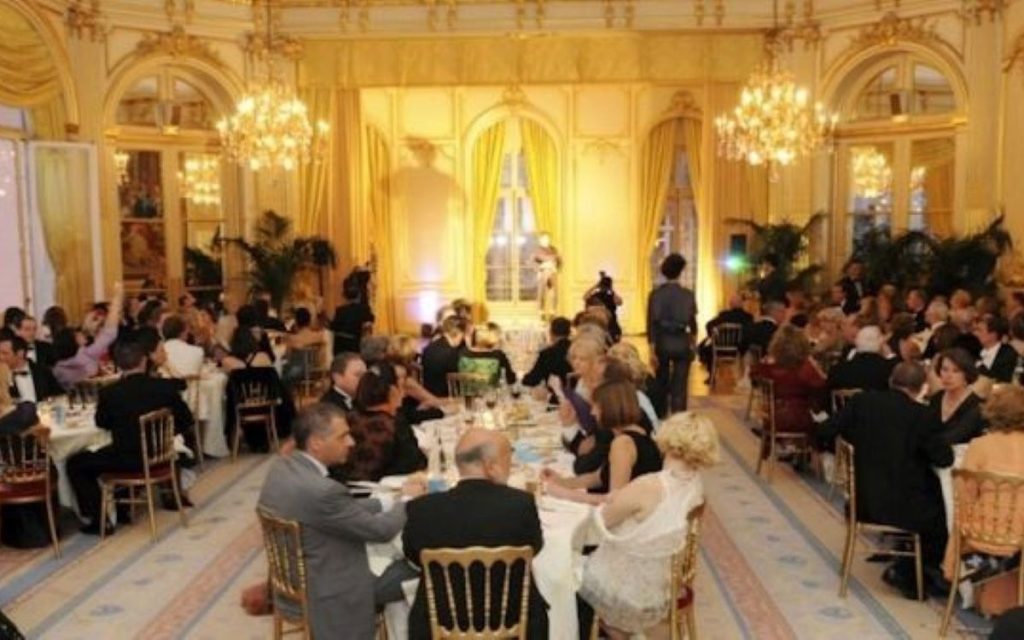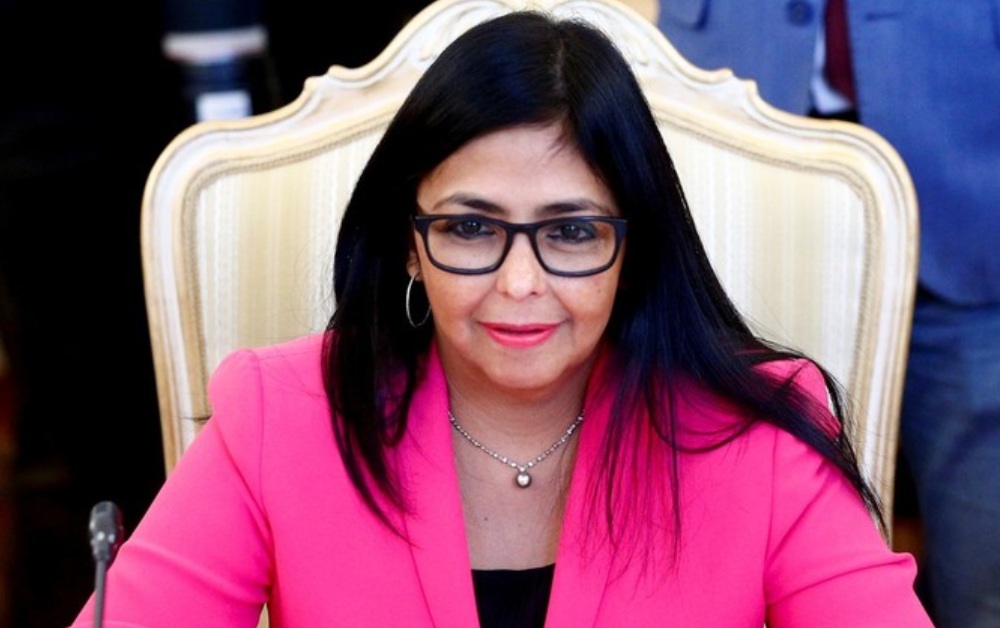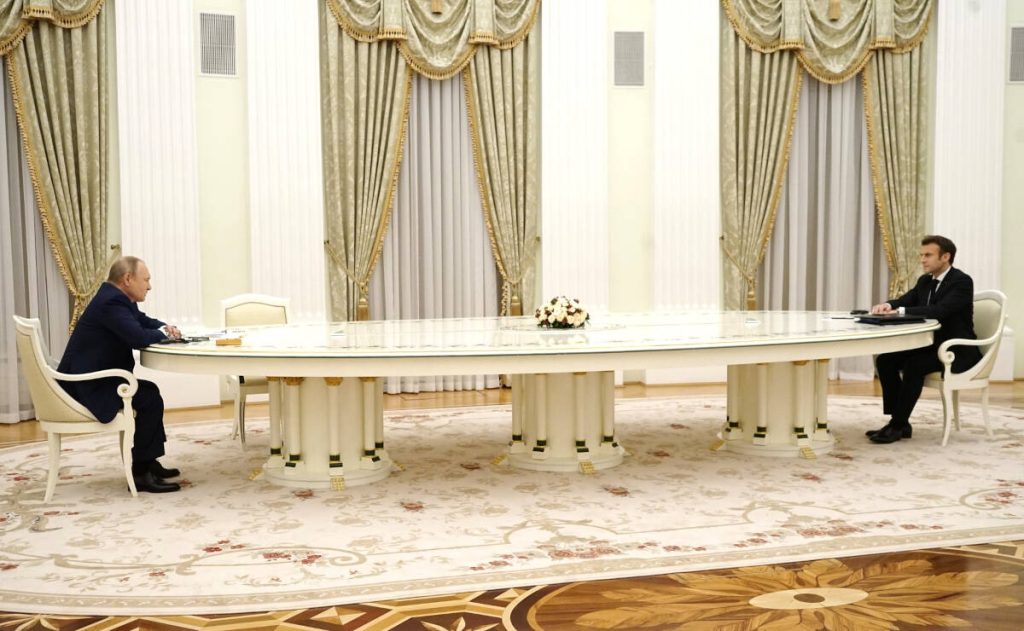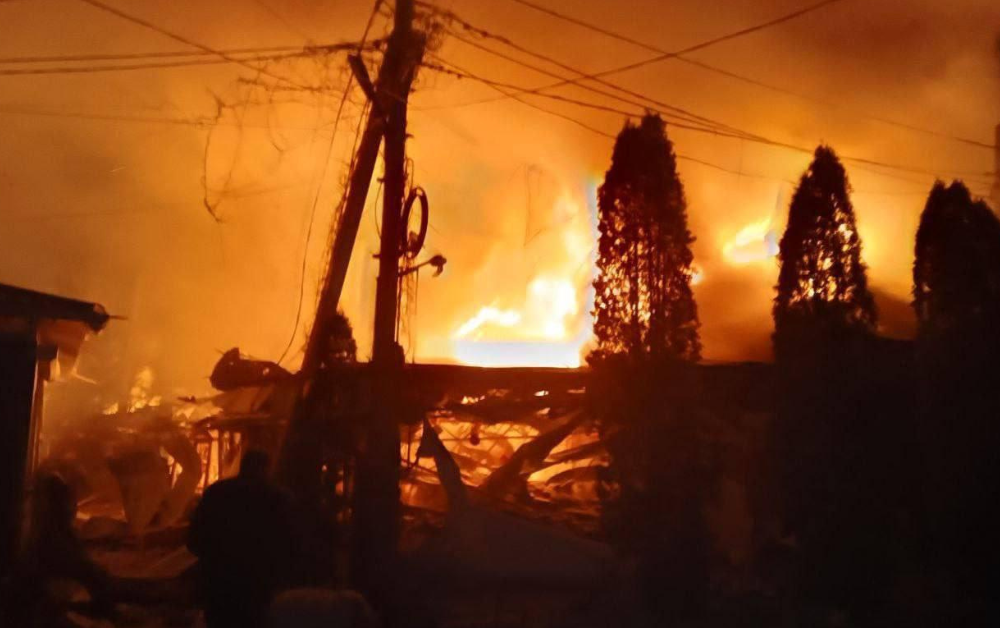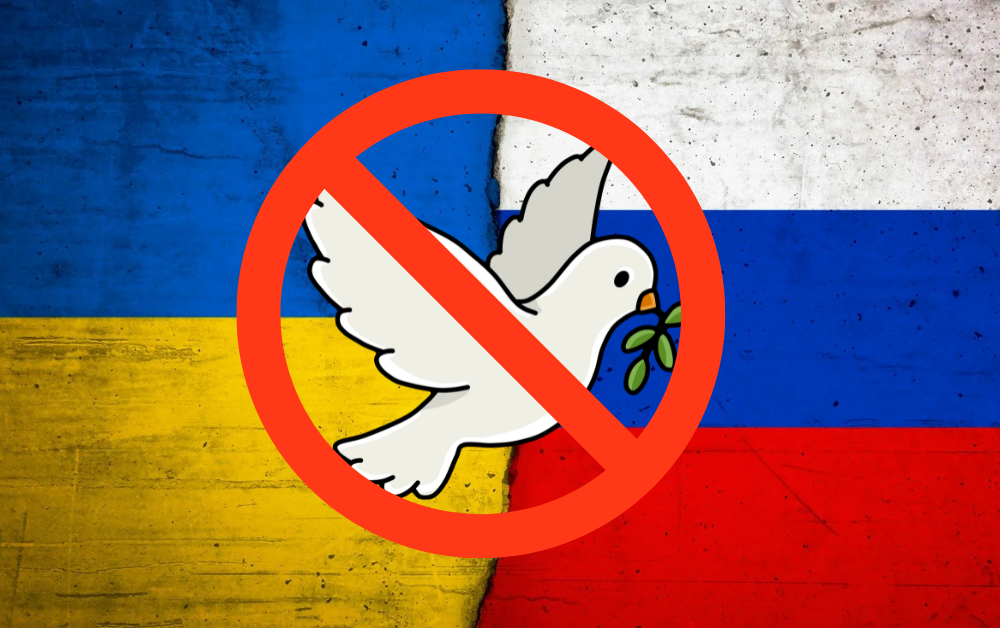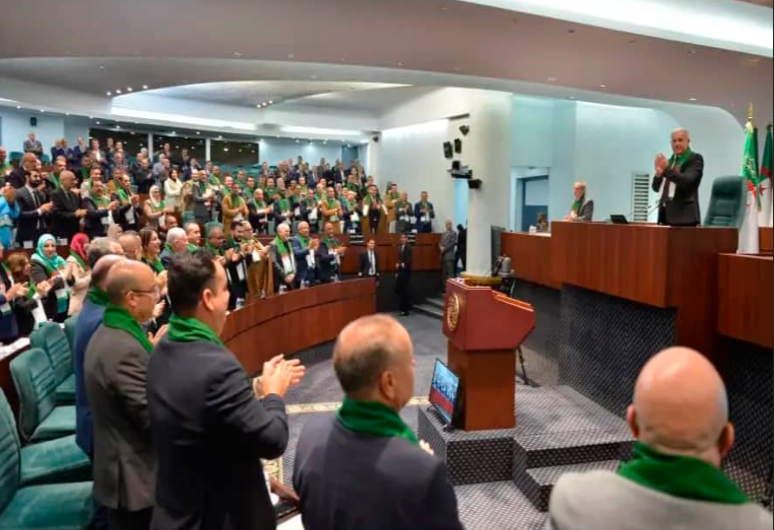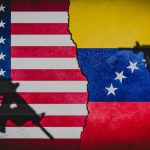In Yalta in 1945, the war in Europe was not yet over, but the military situation was already clear: the Red Army was advancing into Berlin, while the Allies pushed through Italy and reached the Rhine. Decisions were made there on the partition of Germany, the delineation of spheres of influence, and the creation of the United Nations. The consequences of these decisions were felt for decades—right up to the fall of the Berlin Wall and beyond, even to this day.
Today, the situation is different but no less tense. Unlike in 1945, when defeated nations had no say, on the eve of the current summit, Ukrainian President Volodymyr Zelensky is trying to influence the agenda with the support of some European leaders, such as German Chancellor Friedrich Merz. Zelensky continues to insist that he will not cede “an inch” of territory, despite the situation on the frontlines, where Russia is advancing and the Ukrainian army is clearly struggling to hold its positions.
Another key difference is the role of the United States. Under Joe Biden, Washington was effectively a party to the conflict, providing Kyiv with extensive military and intelligence support. Trump, however, has distanced himself from interventionist policies, calling them contrary to American interests. The question arises: is his meeting with Putin essentially negotiations with the man who truly holds the strings of the war in Ukraine? This only reinforces the perception—widespread not just in Moscow—that this is a proxy war between the West and Russia.
What to Expect from Anchorage
Predicting the outcome is difficult. However, history shows that direct talks between Washington and Moscow, even at moments of maximum tension, have often helped stabilize potentially explosive situations.
At Yalta, Churchill had to set aside his hostility toward the USSR and acknowledge Moscow’s decisive role in defeating Nazism. Today, Washington lacks a leader driven by similar prejudices against Russia: Trump, despite all the controversy surrounding him, has repeatedly stated that he does not want to drag the world into a global conflict.
If even partial compromises can be reached in Anchorage, it could lead to a profound reshaping of the world order. As with Yalta, not everyone will be satisfied, but the consequences of the decisions made could be felt for decades.

